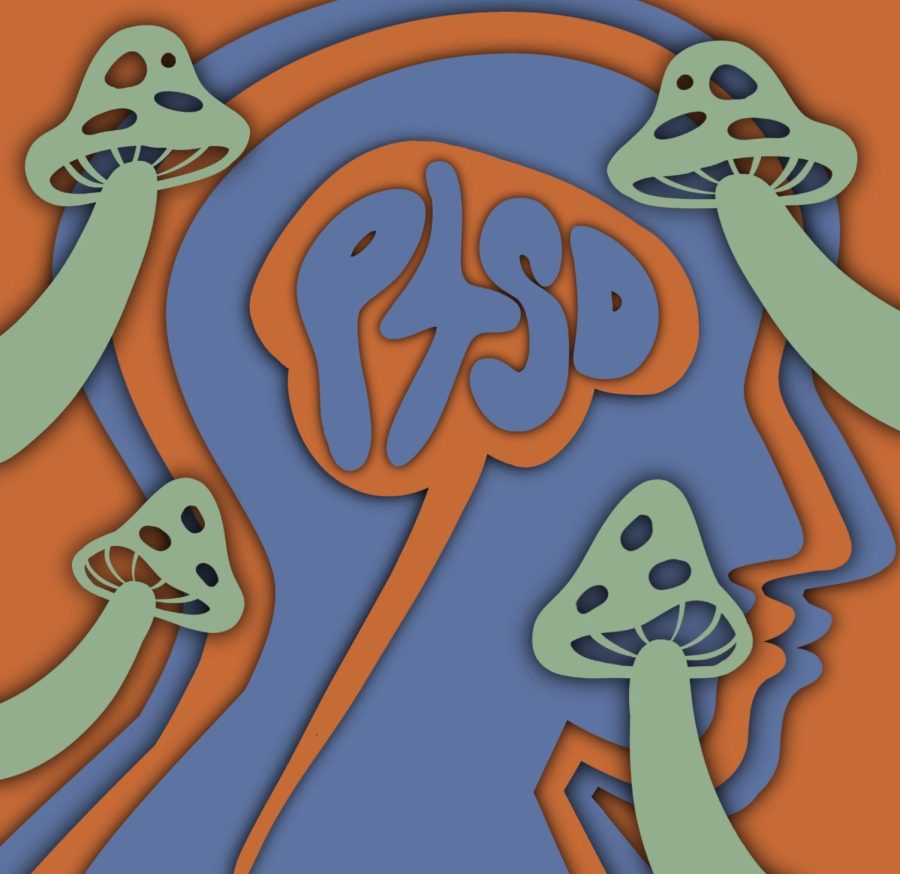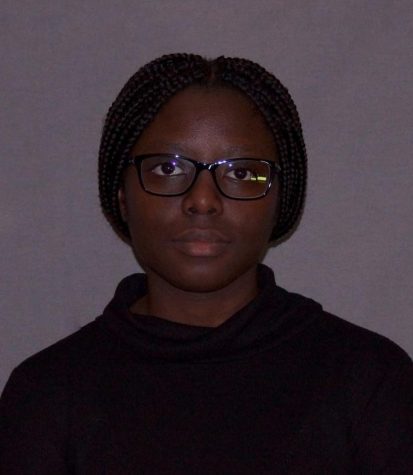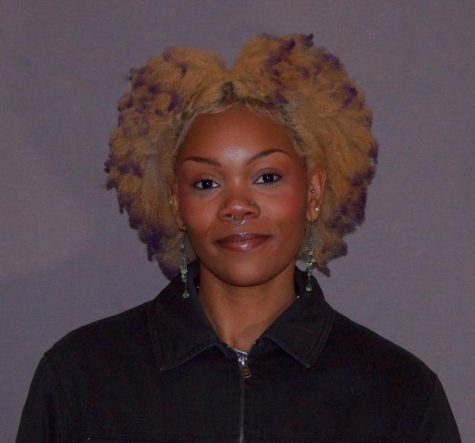Pushing psychedelic permissions
February 28, 2023
Across the country, new bills are being introduced each year with the common goal of drug policy reform. From New York to Colorado, these pieces of legislation contrast old policies that promote criminalizing drug use and possession. While much of the discourse has been centered on the recreational use of marijuana, a burgeoning fight exists for another type of drug: psychedelics.
According to the Alcohol and Drug Foundation, psychedelics — also known as hallucinogens — are a class of psychoactive substances that produce changes in perception, mood and cognitive processes. For example, when consumed, hallucinogens can cause hallucinations, provide a sense of euphoria and alter a person’s sense of time, allowing them to dissociate from reality. Effects like these have incited researchers to look into possible applications for psychedelics, specifically for psychiatric treatments.
During the 50s and 60s, scientists explored the possible usage of hallucinogens for treating mental disorders like alcoholism and yielded results that suggested lysergic acid diethylamide (LSD) may have therapeutic benefits. Despite the studies done, LSD was quickly outlawed by the federal government in 1968, limiting research into its properties and potential uses. This move set researchers back from finding out more for decades; however, a new wave of scientific investigations into psychedelics has been born with an unexpected group pushing for more to be done: veterans.
According to the New York Times, the Department of Veteran Affairs launched clinical trials, offering psychedelics to patients in the studies. The goal of these studies? To learn how effective drugs like MDMA — also known as ecstasy — and psilocybin, when combined with therapy, can be in treating post-traumatic stress disorder, anxiety and other mental disorders. Traditionally, veterans are treated through antidepressants, anti-anxiety drugs and prolonged exposure therapy in clinics run by the department. But some look elsewhere in psychedelic retreat centers to seek relief.
Heroic Hearts Project, started by former Army Ranger Jesse Gould, is an organization leading the fight for psychedelics. The project sponsors veterans, working with ayahuasca retreat centers, “providing them with safe, supervised access to psychedelic treatments, professional coaching and ongoing peer support.” As a result of their experience, those vets are becoming lobbyists, demanding that psychedelics be legalized.
“I will not be told no on something that prevents human beings from killing themselves,” Jose Martinez, a former Army gunner, told the New York Times.
While stationed in Afghanistan, Martinez’s right arm and both legs were blown off by a bomb. Battling both mental and physical wounds stemming from his experience and trauma, Martinez found solace in psilocybin. For him, psychedelics opened his eyes, helping him persevere.
“I understand what I’m actually here for in this world, which is to make people smile and to remind them that life can be beautiful even when it’s not so easy.”
More research needs to be done into the risks and advantages of psychedelics, but hope remains. As shown by the stories of those like Martinez, the relief they gain is invaluable. This is how we give back to those who have sacrificed the most through sympathizing and letting them know we hear them.








